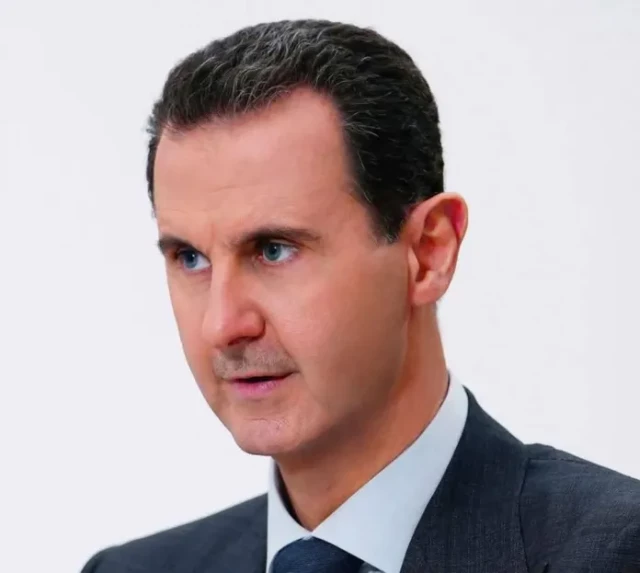DAMASCUS, Syria (AP) — Syrian President Bashar Assad fled to Moscow on Sunday after a dramatic rebel offensive seized Damascus, ending the Assad family’s five-decade rule. Russian state media reported that Assad and his family were granted asylum by the Kremlin, marking a stunning shift in the Middle East’s power dynamics.
Crowds filled the streets of Damascus, chanting anti-Assad slogans, firing celebratory gunshots, and waving the revolutionary flag, reminiscent of the Arab Spring uprisings over a decade ago. The nearly 14-year Syrian civil war appeared to have reached a decisive turning point.
“Our approach has shifted the balance of power in the Middle East,” U.S. President Joe Biden said, attributing the fall of Assad to coordinated actions by the U.S. and its allies. He described the development as a “moment of justice” but warned of “uncertainty and risk.”
Russia confirmed that Assad negotiated his departure after talks with rebel leaders. Kremlin sources cited by state news agencies Tass and RIA reported that Assad had given orders for a peaceful transfer of power before leaving Syria.
Abu Mohammed al-Golani, a former al-Qaida leader who now heads the dominant rebel group Hayat Tahrir al-Sham (HTS), emerged as a key figure in Syria’s post-Assad future. In a televised address from Damascus’ Umayyad Mosque, he hailed the fall of Assad as “a victory for the Islamic nation.”
Rebel forces declared Damascus liberated, announced a nighttime curfew, and urged citizens to safeguard government institutions. Syrian state TV, now under rebel control, aired footage of prisoners being released from the infamous Saydnaya prison, where thousands were reportedly tortured or killed.
“We have all suffered,” said Bassam Masr, a man searching for his son, missing for 13 years. “I just want to see him alive.”
Global leaders expressed mixed reactions to Assad’s ouster. Russia requested an emergency U.N. Security Council session on Syria, while Iran, Assad’s staunch ally, warned of “regional instability.” The Iranian Embassy in Damascus was ransacked, though Iranian officials insisted they would work toward “stabilizing Syria.”
In Israel, Prime Minister Benjamin Netanyahu announced the occupation of a buffer zone in the Golan Heights, citing security concerns after Syrian forces abandoned their posts. The Arab League condemned Israel’s move as opportunistic.
Turkey, which backs opposition factions, vowed to coordinate efforts with the U.S. and regional powers to prevent further chaos.
Despite celebrations, Syria’s future remains uncertain. The country is fractured among competing factions, including U.S.-backed Kurdish forces and remnants of the Islamic State group.
Turkey, Russia, Iran, and Gulf nations convened in Doha for urgent talks. Syrian Prime Minister Mohammed Ghazi Jalali called for national reconciliation and pledged cooperation with any transitional government formed by the opposition.
“The new Syria belongs to all its people,” said Anas Salkhadi, a rebel commander, in a televised address aimed at reassuring religious and ethnic minorities. “We will not rule with the same cruelty the Assad regime inflicted.”




















